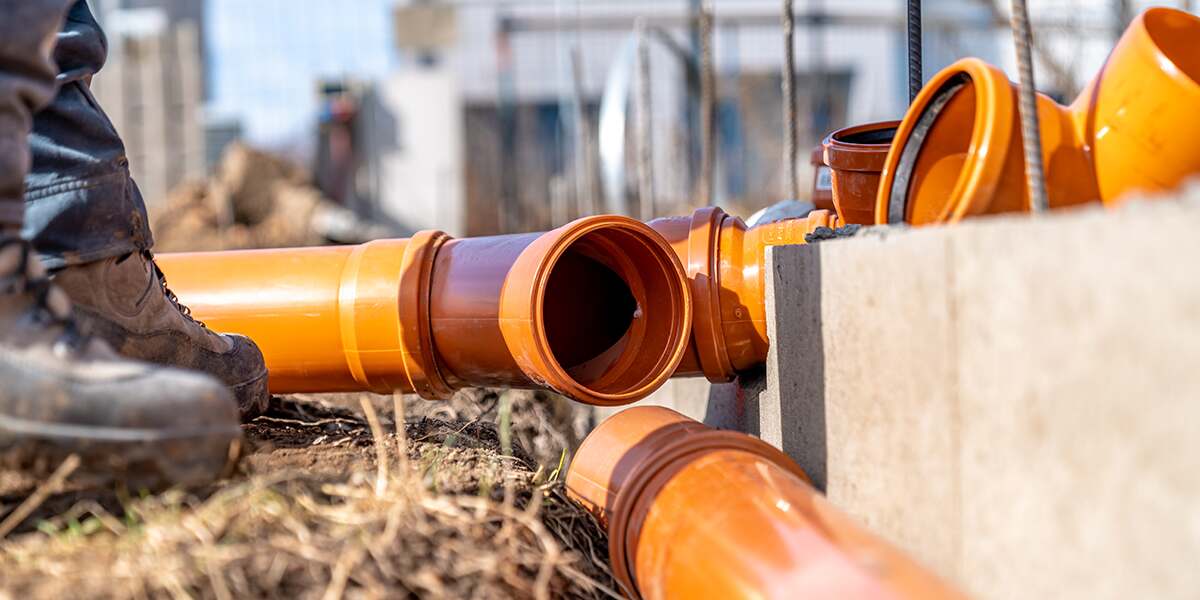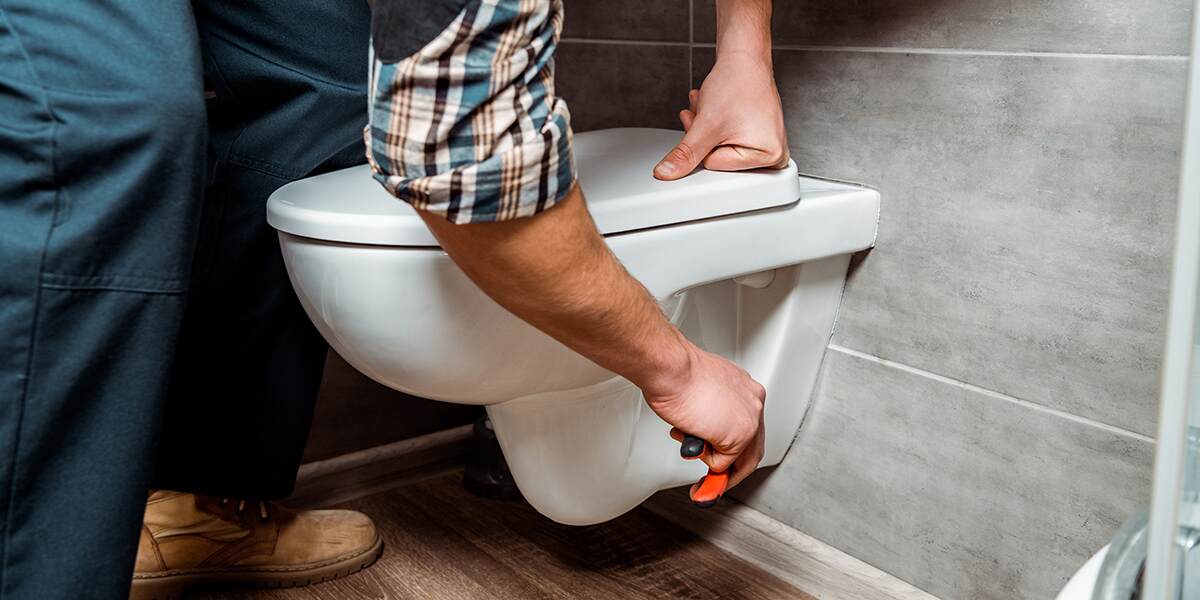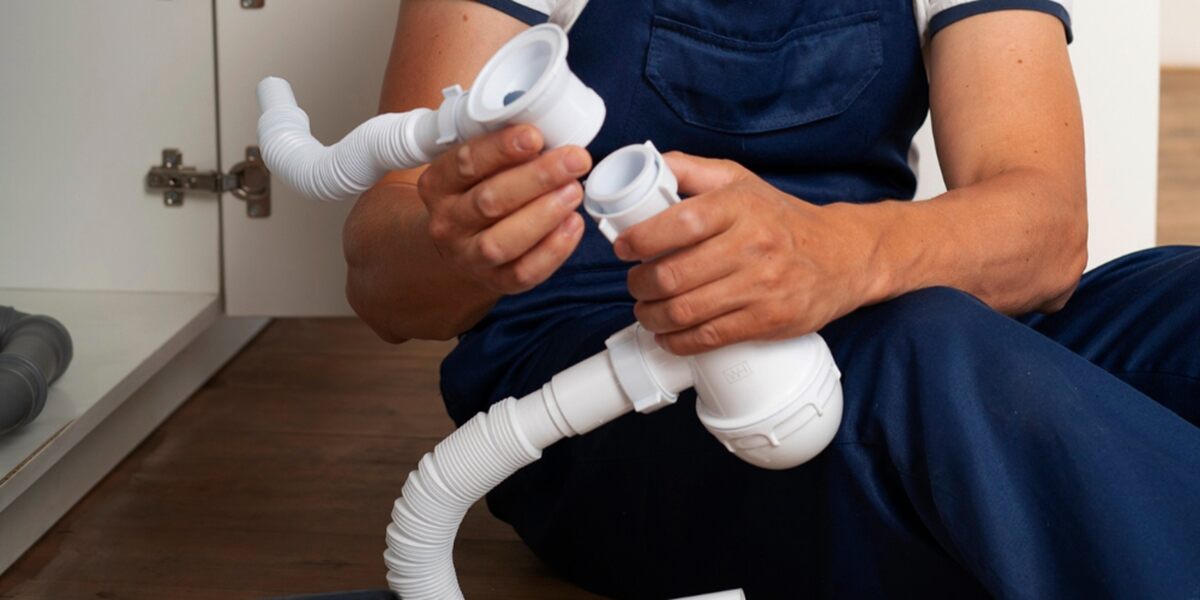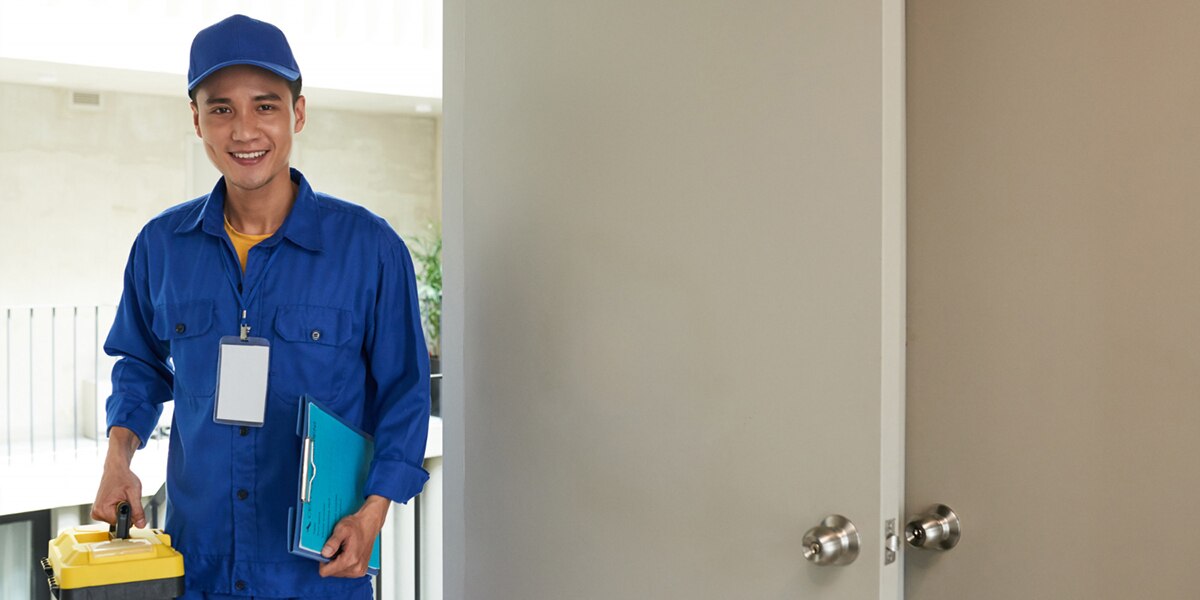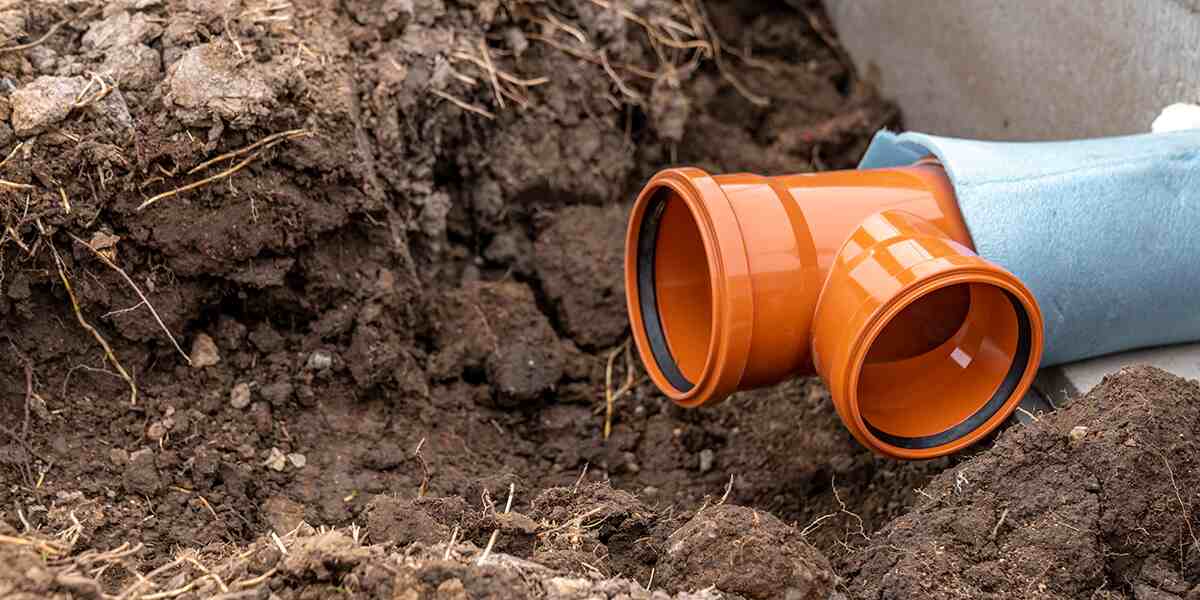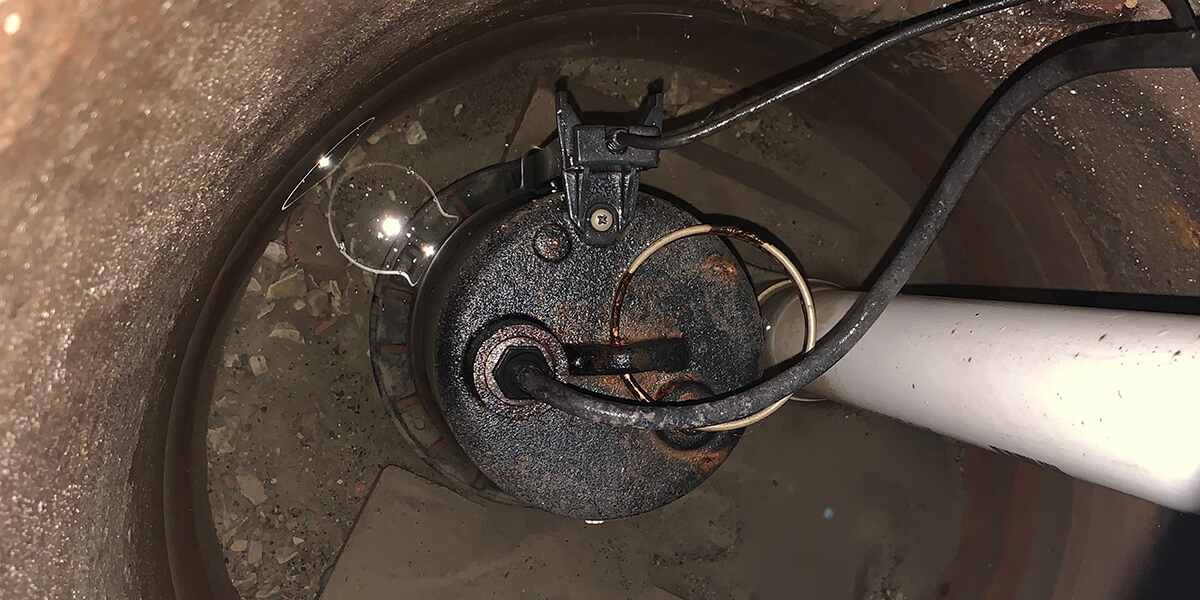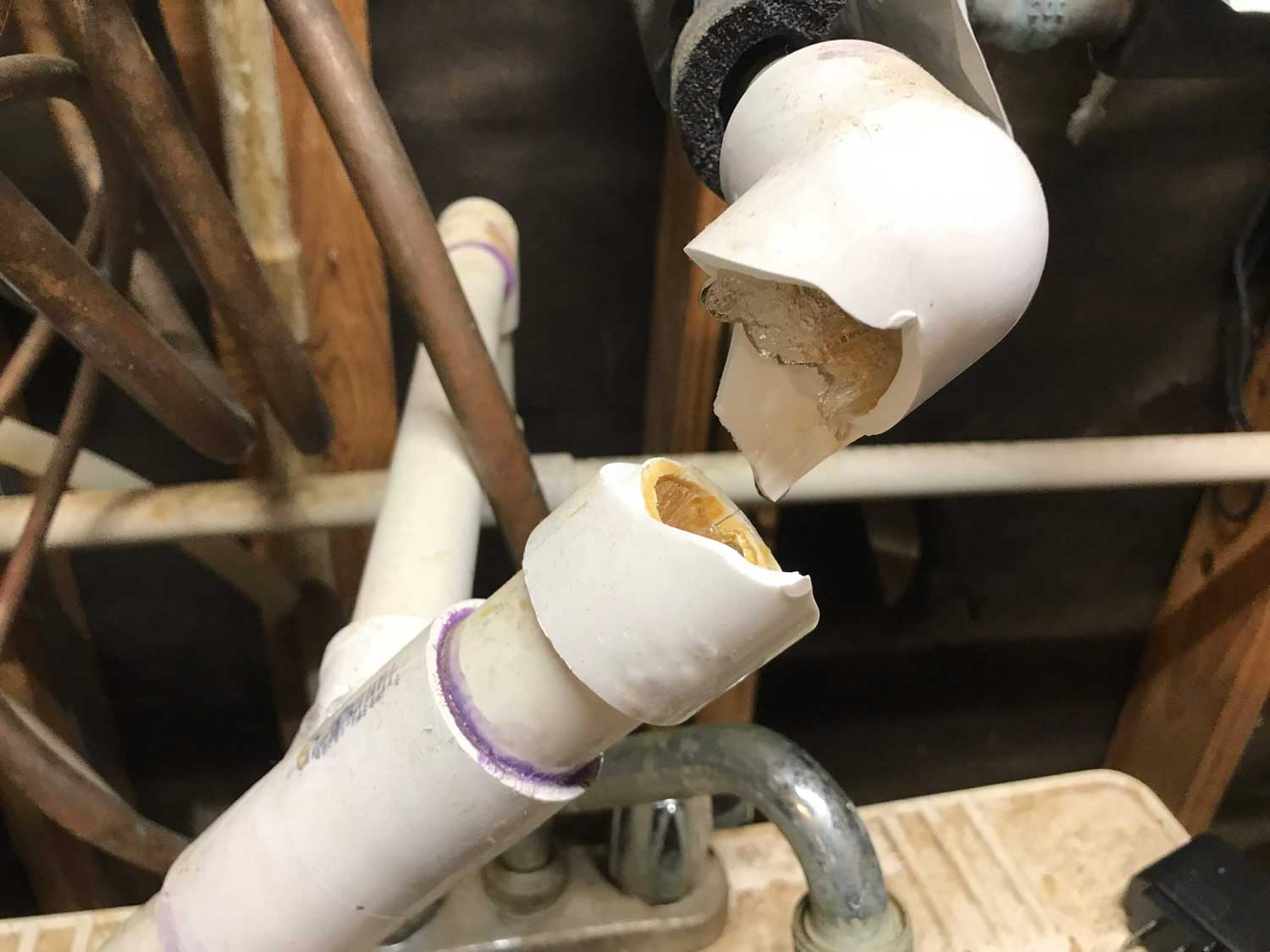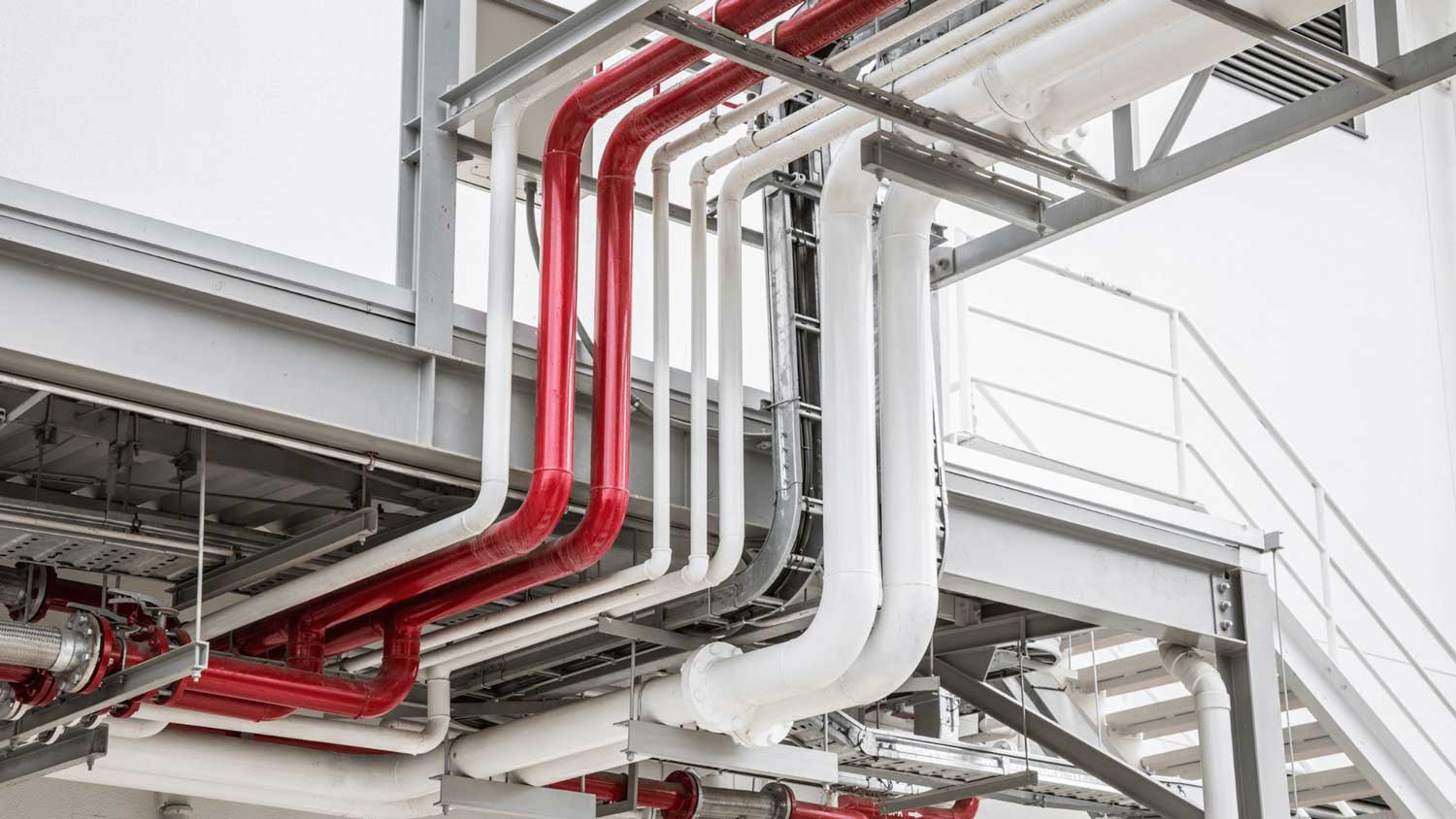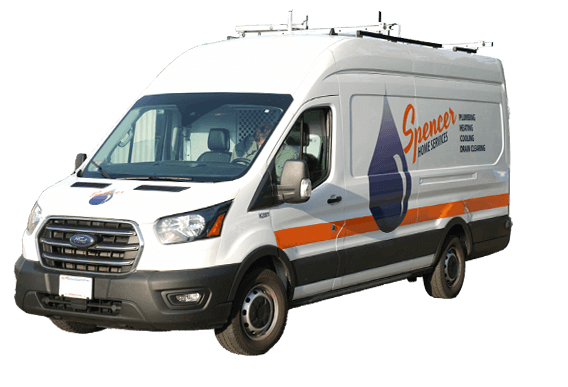If you notice that your shower or sink drains are draining slowly or not at all, odds are you need to clear your drain lines. But how long does it take to clear a drain line? Burlington homeowners are busy people with busy schedules, after all.
Fortunately, drain line cleaning is super simple and quick. You can have a pro clean your drains and finish in no time.
Contact Spencer Home Services to speak to Burlington’s top-rated drain cleaning company!
DRAIN LINE CLEANING TIMELINES IN BURLINGTON
All other things being equal, drain line cleaning should take anywhere from one to three hours. The length of the task depends primarily on the number of drains, the length of the system, and system access conditions. In other words, a professional team can be in and out of your house in a single afternoon.
The average home in Burlington was built before 1979, so many homes have older pipes made from cast iron. Cast iron is rough so old iron pipes are more likely to get clogged as it’s easier for debris to stick. As such, owners with older Burlington homes should invest in regular drain pipe cleaning to ensure their plumbing is in top condition.
Drain cleaning carries several benefits listed below:
- Prevents slow draining or no draining
- Eliminate bad smells
- Prevent mold and algae growth
- Reduce pressure on your system
- Extend your plumbing system’s lifespan
- Avoid water leaks
- Save money on plumbing repairs
In other words, drain cleaning costs a bit of money now but can save you a lot of money in the long run. So it’s in your best interest to stay on top of drain cleaning throughout the year.
DRAIN CLEANING PROCESS
Drains in your home take up a lot of dirt, debris, hair, oils, pet dander, skin cells, and more which can create thick blockages in your pipes. The main purpose of drain cleaning is to remove the blockages and clean drain openings to prevent them from forming in the future.
First, the plumber will attach a special hose and pump system to your drain line that flushes your system to break apart blockages. The pump pushes high-pressure water into a collection tank. Most drain cleaning machines pump about 20 gallons of water per minute—more than enough to break apart tough blockages.
After hydrojetting your drains, they will perform a quick drain inspection to ensure that all large blockages are gone. They will then spend the last part of the appointment cleaning drain grates and openings from any additional debris and buildup.
CAN I DIY CLEAN MY DRAINS?
Yes, you can clean your drains on your own. There are several simple home mixtures you can make to clean drains and break apart buildup, such as baking soda and vinegar.
However, as professionals, we would not recommend DIY plumbing. Professional plumbers have the equipment and experience to get the job done quickly and right the first time. Professional drain cleaning can help you save precious time and ensure that your drains are cleaned to a high standard.
PREVENTING CLOGGED DRAINS
You should get regular drain cleaning about once every six months. However, there are several things Burlington homeowners can do in the meantime to keep their drains clean.
- Avoid pouring grease and oils down your sink drain. For example, don’t pour bacon grease, leftover cooking fat from meats, or cooking oil down drains.
- Consider investing in drain guards. Drain guards go right over your drains and catch debris before they go in.
- Don’t flush any foreign objects down your drains, such as paper towels, sanitary products, or food particles.
- Once every few months, gently pour a pot of hot water down your shower and sink drains. The hot water will soften any buildup and break it loose.
- Avoid harsh store-bought chemical cleaners, like bleach, when cleaning your drains. Bleach can damage your drains and cause holes in your pipes, depending on the material.
- Try to brush your hair before showering to reduce the amount of hair that gets trapped in the drain.
DRAIN CLEANING IN BURLINGTON, MA
Whether you have a sewer line backing up or you need to fix a running toilet, Spencer Home Services is here to assist. If you have any more questions, like “How long does it take to clear a drain line?” or want to schedule drain cleaning services, send us a message online or call today at (978) 293-5770!

